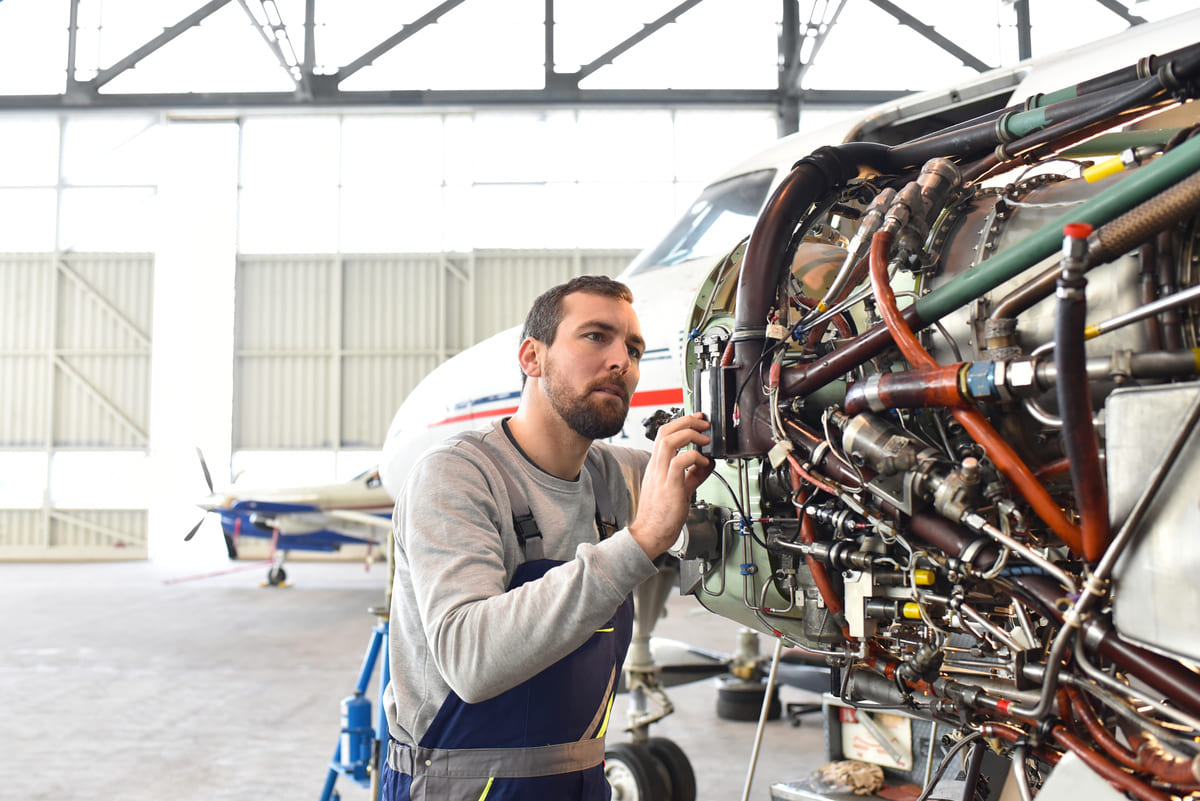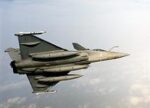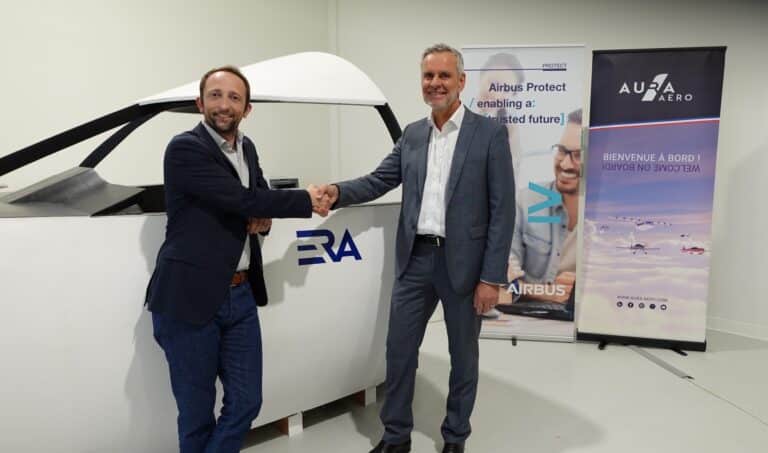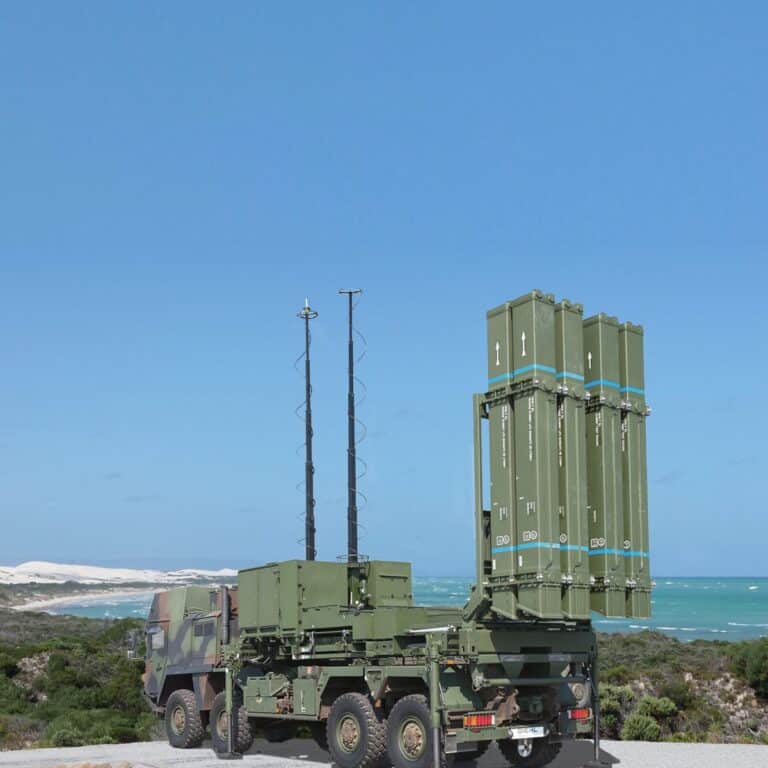In a constantly evolving sector, aviation maintenance stands out as a fundamental pillar of the airline industry. Becoming an expert in this field is more than just a career choice; it is a promise for the future, an opportunity to play a crucial role in the safety and operation of aircraft. Professionals who commit to mastering the necessary skills become not only sought-after technicians, but also major players in an industry that does not experience stagnation. If you aspire to a promising career, discovering the steps to excel in aviation maintenance is essential to guarantee your success and open the doors to endless opportunities.
Table des matières
ToggleEssential skills in aircraft maintenance

Become an expert in aeronautical maintenance requires a solid foundation of technical and personal skills. Professionals in this field are essential to ensuring the safety and reliability of aircraft. A specialized training in aeronautical engineering, mechanics or electrical engineering is a fundamental prerequisite.
Essential skills include:
- Technical knowledge: Mastery of aeronautical systems, knowledge of safety standards, and understanding of maintenance manuals.
- Analytical capabilities: Be able to quickly and efficiently diagnose technical problems.
- Communication skills: Know how to work in a team and transmit technical information clearly.
- Time management skills: Be able to manage multiple tasks or projects simultaneously while meeting deadlines.
Alongside technical skills, it is crucial to develop a number of personal qualities. Thoroughness and rigor are essential, because even the smallest error can have serious consequences. Intellectual curiosity is also an asset, allowing you to stay up to date with technological innovations in the aeronautics field.
Finally, joining professional networks or specific associations can promote career development. These platforms allow you to connect with other experts, exchange knowledge, and learn from best practices in the sector.
Technical and regulatory knowledge
To become a aircraft maintenance expert, it is crucial to equip yourself with solid and varied skills. Aircraft maintenance is not limited to simple repairs, it requires perfect knowledge of the systems and procedures in place.
Essential aviation maintenance skills include:
- Technical knowledge: Understand how engines, avionics systems and structures work. This involves extensive training followed by practical experience.
- Diagnostic capabilities: Being able to quickly identify problems and find effective solutions is essential in this field.
- Communication skills: Interacting with various stakeholders, including pilots, engineers and safety teams, is vital to ensure optimal operation.
An often neglected dimension is that of regulatory knowledge. Aviation safety is governed by a set of strict rules, both national and international. Thus, having a good understanding of standards, certifications and preventive inspections is essential to maintaining a good level of compliance.
Maintenance professionals must also stay up to date on technological developments. THE new navigation systems, composite materials and safety innovations require continuing education to ensure cutting-edge skills.
Finally, experience is often the best teacher. Hire a learning Practice within a maintenance team can be the best way to acquire real-world skills. Internships and apprenticeship programs can open the door to this fascinating and ever-changing career.
Management and communication skills
To become an expert in aeronautical maintenance, it is crucial to have a combination of technical and personal skills. Among them, management and communication skills play an essential role. A maintenance expert must not only understand the technical aspects of aircraft, but also know how to work collaboratively with various teams.
Here are some key management and communication skills:
- Leadership : Ability to lead a team during maintenance missions, ensuring coordination of tasks.
- Clear communication : Know how to clearly convey technical information to team members and other departments, such as logistics and security.
- Time management : Be able to prioritize tasks and meet deadlines while maintaining the quality of work.
- Troubleshooting : Develop an analytical approach to quickly identify problems and find effective solutions.
- Adaptability : Adjusting to new technologies and working methods, which is vital in a constantly evolving sector.
These skills are fundamental to ensuring the safety and efficiency of maintenance operations. An expert who combines strong technical skills with good management and communication skills is in high demand in the market, ensuring a promising career in the aviation sector.
Recommended courses and training
Become one aircraft maintenance expert requires a solid background and specific training adapted to the requirements of the sector. The growing demand for qualified professionals in this field opens up a wide range of career opportunities.
Future technicians generally start with a BEP or a Professional baccalaureate in the fields of mechanics or aeronautics. These first degrees provide an essential foundation for understanding aeronautical systems and components.
A Technological baccalaureate in Science and Technology of Industry and Sustainable Development (STI2D) can also be an excellent path to acquiring advanced technical skills. Subsequently, integrate a BTS or a DUT in aeronautical maintenance is highly recommended. These training courses offer a more in-depth approach to maintenance procedures, aeronautical safety and current regulations.
To go even further, a professional license specialized allows you to concentrate on specific areas such as structural mechanics or aeronautical electronics. This level of study favors access to positions of responsibility or advanced technical functions.
Recognized certifications, such as PART 66, are also essential to guarantee its competitiveness in the labor market. These qualifications attest to the competence to carry out maintenance tasks on different types of aircraft.
In addition to academic training, business internships are crucial. These practical experiences help strengthen technical skills and create an essential professional network in aeronautics.
To stay up to date in this constantly evolving sector, participation in continuing training is essential. This makes it possible to adapt to technological innovations and new aeronautical regulations.
Initial and specialized training
The sector of aeronautical maintenance is booming and offers many professional opportunities. To access it, it is essential to follow a suitable route which combines theoretical training And practical. This field requires in-depth technical expertise and an unfailing commitment to ensuring aircraft safety.
THE specialized trainers offer a variety of courses to acquire practical and theoretical skills. Among the options we find:
- Professional baccalaureate in aircraft maintenance for an introduction to the sector.
- Certificates of aptitude to aeronautical maintenance, which allows work on specific aircraft.
- University training or technological, such as AIM in aeronautics or a professional license.
Once the basic diploma has been acquired, it is relevant to specialize further. Here are some interesting specializations:
- Engine maintenance : Expertise on the different types of aerial motors.
- Electronics and avionics systems : In-depth knowledge of modern aircraft electronic systems.
- Aeronautical structures : Training on the analysis and repair of structural parts of aircraft.
To strengthen your skills, participate in business internships is an invaluable asset. These practical experiences allow you to learn alongside seasoned professionals and become familiar with the realities on the ground.
At the same time, obtaining recognized certifications such as Part 66 in Europe or international equivalents reinforces the credibility of the technician. These certifications require confirmed theoretical and practical knowledge and can lead to positions of responsibility.
Investing in your training and staying up to date with technological advances are key elements in becoming a validated expert in aeronautical maintenance. The field is constantly changing, with recurring innovations that require adaptability and a constant thirst for knowledge.
Certifications and continuous learning
Become an expert in aircraft maintenance is an attractive lens for aviation and technology enthusiasts. This field offers a multitude of opportunities thanks to the constant demand for qualified professionals. The key to success lies in a rigorous training course and appropriate certifications.
A typical path to access the profession of aeronautical maintenance technician often goes through a Aeronautical professional baccalaureate or a BTS aeronautics. These diplomas provide the necessary foundations in mechanics, electronics and avionics systems. Other options like DUT in mechanical engineering or electrical engineering can also open doors in this industry.
The studies don’t stop there. To become a true expert, it is crucial to subsequently specialize. Additional training such as aeronautical licenses or specialized masters can bring added value to your profile. In addition, corporate professional training plays a key role in learning new technologies.
THE certifications are major assets in this area. They allow you to prove your technical skills and increase your employability. Top certifications to consider include:
- Part 66 for aircraft maintenance technicians;
- Part 145 for maintenance workshops;
- ICAO for international accreditation.
Invest in continuous learning is also wise. Technology is evolving rapidly in the aviation field, and staying up to date with new regulations, techniques and materials is essential. Join professional networks, attending seminars or taking online courses are just a few options to enrich your knowledge.
Finally, practical experience is invaluable. Looking for internships or work-study programs in aeronautical maintenance companies will allow you to develop your skills while building a solid professional network.























